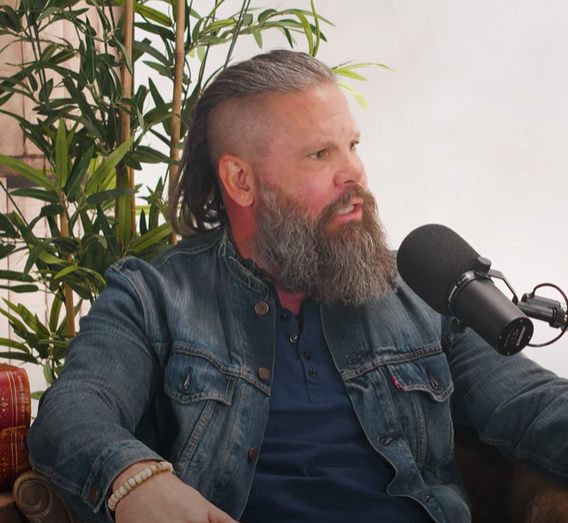Healing Through Loss: Strategies for Coping and Recovery
In this Difference Makers episode, Dr. Ron Schwenkler, a trauma specialist, discusses the concept of loss with Dr. Jim Hoven. They define loss as an unexpected departure of something familiar, necessitating a rebuilding of confidence. Loss varies in intensity and can encompass the death of a loved one, a job, or a relationship. Dr. Schankler introduces the Stoic concept of “premeditation of loss,” suggesting that contemplating life’s impermanence allows us to appreciate present moments and better navigate future losses. He emphasizes the importance of processing grief and seeking professional guidance when needed, as unresolved grief can negatively impact mental health.
Key Insights:
- Loss is defined as the unexpected departure of something familiar.
- Loss exists on a spectrum, including the loss of loved ones, jobs, or relationships.
- Premeditation of loss involves contemplating impermanence to appreciate the present and prepare for future losses.
- Unresolved grief can hinder personal growth and well-being.
- Seeking support and guidance during grieving is crucial for healing.
FAQ:
Q1: What are the different types of loss?
- A: Loss can encompass various experiences, including the death of a loved one, job loss, the end of a relationship, or any significant change that disrupts one’s sense of normalcy.
Q2: How can we cope with loss?
- A: Premeditation of loss, a Stoic practice, helps by encouraging us to appreciate present moments and mentally prepare for future losses. Processing grief in healthy ways and seeking support when needed is also vital.
Q3: What is the impact of unresolved grief?
- A: Unresolved grief can manifest in various ways, hindering personal growth and well-being. It can lead to mental health challenges and prevent individuals from fully engaging with life.
Q4: Where can I seek help for dealing with loss?
- A: Dr. Schwenkler can be reached through the Mindspa website (mindspadenver.com). Additionally, seeking support from therapists, grief counselors, or support groups can be beneficial in navigating the grieving process.
Meet The Contributors

Dr. Ron Schwenkler
clinical psychologist
